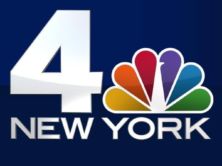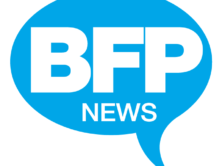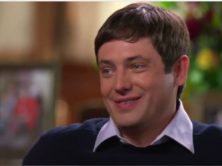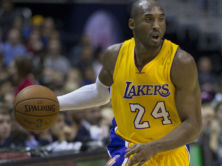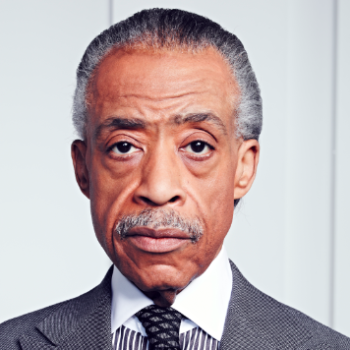
We wrote a few days ago about the firing of an NBC News producer involved in the editing of a 911 call from George Zimmerman. At the time, NBC News wouldn’t comment on the record about the firing, and Reuters and the New York Times both reported its news from anonymous sources.
However, on April 8, Reuters reported that NBC News president Steve Capus confirmed on the record “the network’s editorial controls…simply missed the selective editing of the phone call.” Capus called the edit a “mistake and not a deliberate act to misrepresent the phone call.”
NBC’s edit of the tape, aired on March 27’s NBC Today show, quoted Zimmerman saying “This guy looks like he’s up to no good. He looks black.” However, the full exchange read:
Zimmerman: “This guy looks like he’s up to no good. Or he’s on drugs or something. It’s raining and he’s just walking around, looking about.”
911 Dispatcher: “OK, and this guy — is he white, black, or Hispanic?”
Zimmerman: “He looks black.”
Capus told Reuters that “‘several people’ involved were disciplined, though he declined to specify the nature of the disciplinary actions,” according to Reuters’ report. As the New York Times reported, the producer was fired, according to anonymous sources.
As Reuters explained, the tape was edited for time reasons, but “inadvertently edited the call in a way that proved misleading.”
Rev. Al Sharpton
Reuters reported that Capus also addressed criticism of MSNBC’s Reverend Al Sharpton’s “role” in the Martin case. As Reuters explained, Sharpton has “served as an advocate for the Martin family by leading rallies demanding Zimmerman’s arrest, appearing beside Martin’s anguished parents, and conducting closed door meetings with prosecutors and local officials on the Martin family’s behalf.”
The Daily Beast’s Howard Kurtz criticized Sharpton’s “conflicting roles” because “he leads a Trayvon Martin rally and covers it for MSNBC.” Kurtz wrote that by both rallying for and raising money for the Martin family and then reporting on the Martin family, “It seems to me that by sandwiching his show between his activism, Sharpton was essentially covering himself.”
As a comparison, Kurtz questioned “Would it be okay if he attended a rally for President Obama, asked the crowd for money and then interviewed Obama immediately afterward?”
Further, Kurtz reported that the Tampa Bay Times’ Eric Deggans wondered if Zimmerman would be comfortable being interviewed by NBC News given Sharpton’s role calling for his arrest.
The Washington Post’s Erik Wemple likewise weighed in on Sharpton’s advocacy, writing:
“Ethical tsk-tsking is well placed here. Sharpton’s multitasking is unseemly, even with the caveat that he’s an MSNBC commentator and makes no pretense toward objectivity.”
Further, Wemple wrote that Sharpton’s April 26 interview with the Martin family and family attorney on air is more like “a press conference, not a cable news segment.”
The Associated Press joined in the criticism writing: “Sharpton’s dual role would have been unthinkable on television 20 years ago and still wouldn’t be allowed at many news organizations. While opinionated cable news hosts have become commonplace over the past decade, Sharpton goes beyond talking.”
Further, Poynter‘s Kelly McBride is quoted as saying that Sharpton’s role “represents a change in our traditional view of the boundaries between journalism and activism.
Capus told Reuters that Sharpton is “a talk show host” and NBC has found “a distinction between the role he plays and our front line journalists who are part of NBC’s news gathering and reporting” that permits his advocacy role.
MSNBC likewise has sent out a statement that
“When Rev. Sharpton joined MSNBC, it was with the understanding that he would continue to do his advocacy work. We’re fully aware of that work and we have an ongoing dialogue. His participation in these events is very public and our audience is completely aware of where he stands on the issues. It’s because of this work and his decades of activism that Rev. Sharpton brings such a unique perspective to our line up.”
That statement was sent to the Los Angeles Times and the Washington Post’s Wemple in response to questions about Sharpton’s role.
We wrote in September when the Wall Street Journal reported that Sharpton said he is still allowed to “make endorsements” as an MSNBC host as long as he didnt donate money. However, MSNBC said its policy prohibits “campaigning for candidates without prior consent.”
We have written to NBC News asking for comment about the criticism and will update with any response.

